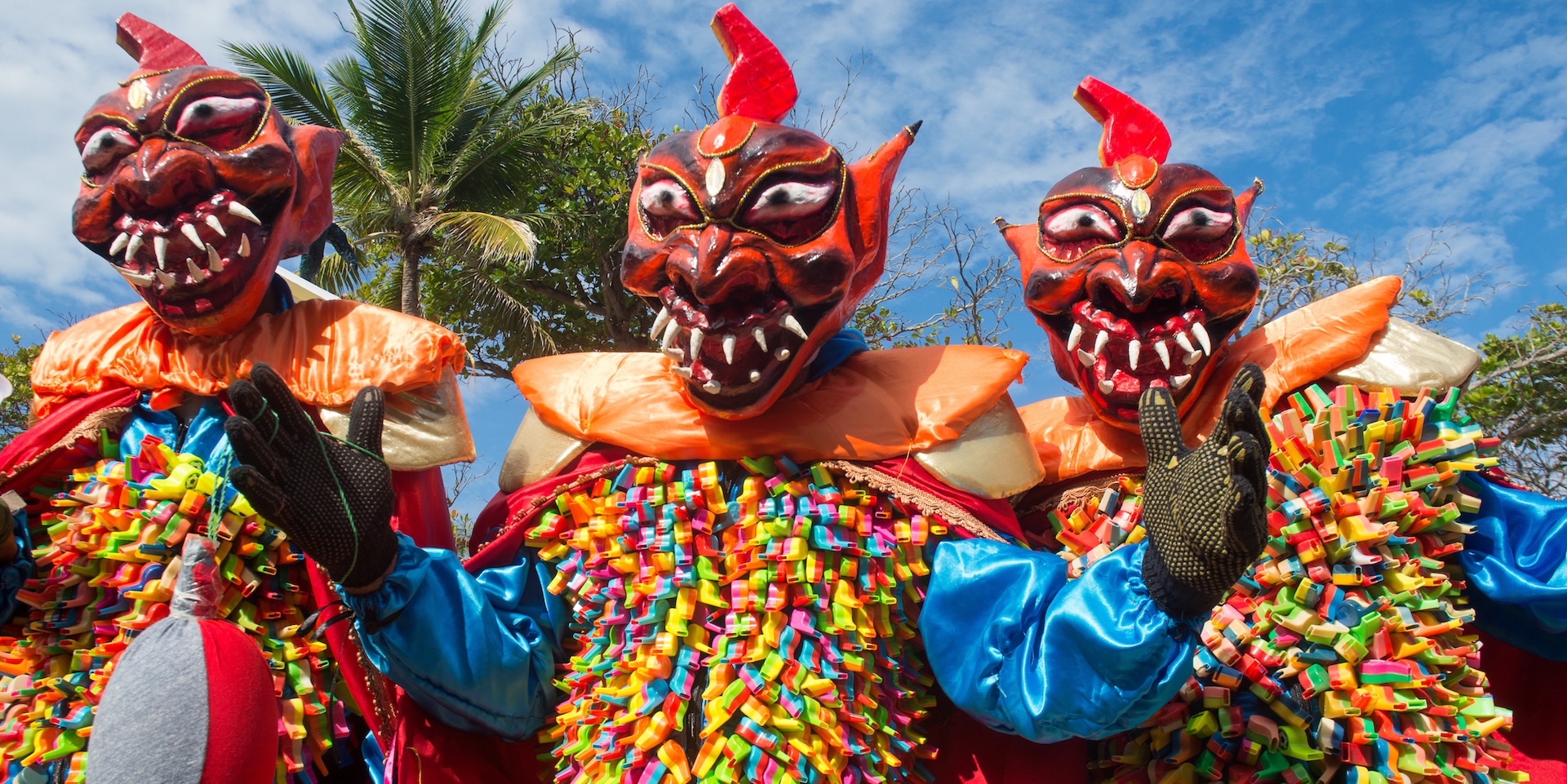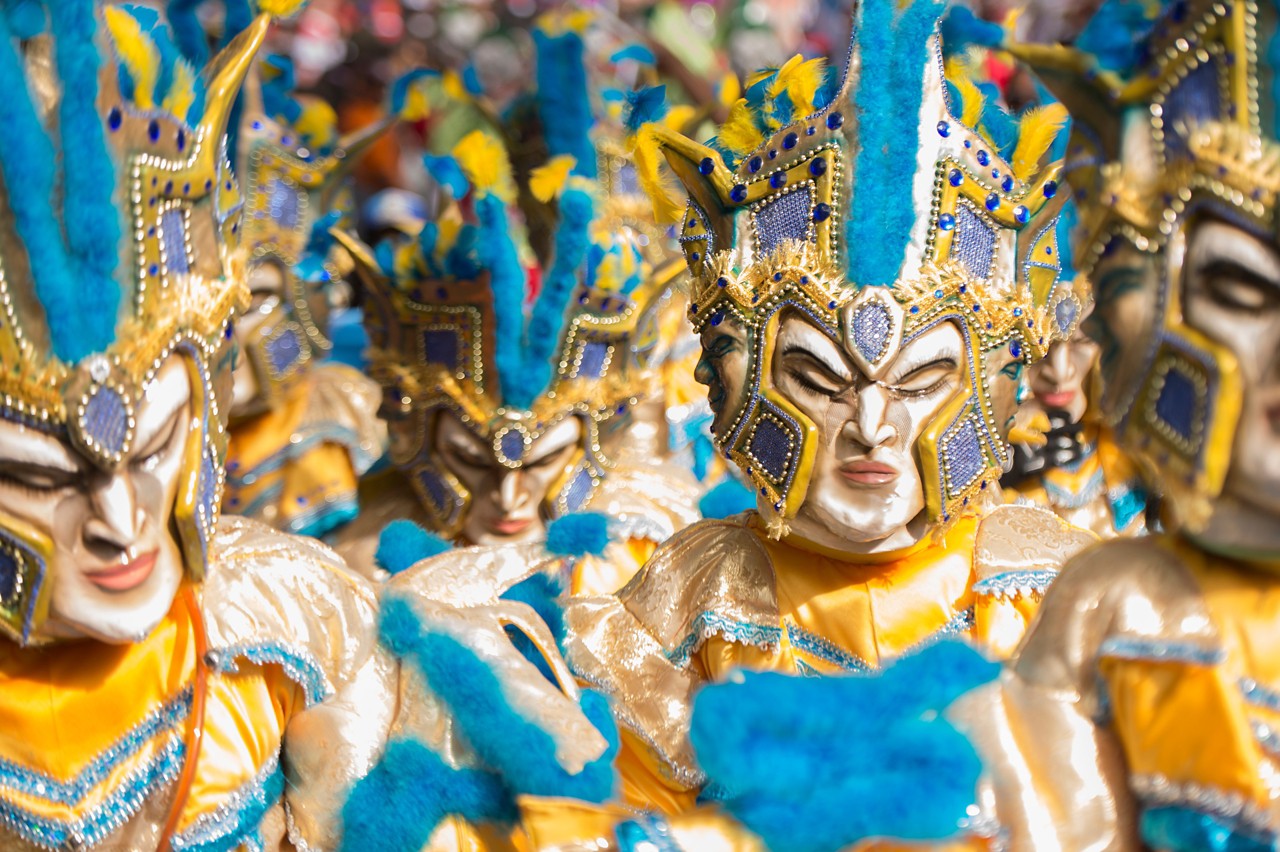A Glimpse Into Dominican Republic’s 2025 Holidays: A Celebration Of Culture And Heritage
A Glimpse into Dominican Republic’s 2025 Holidays: A Celebration of Culture and Heritage
Related Articles: A Glimpse into Dominican Republic’s 2025 Holidays: A Celebration of Culture and Heritage
Introduction
In this auspicious occasion, we are delighted to delve into the intriguing topic related to A Glimpse into Dominican Republic’s 2025 Holidays: A Celebration of Culture and Heritage. Let’s weave interesting information and offer fresh perspectives to the readers.
Table of Content
A Glimpse into Dominican Republic’s 2025 Holidays: A Celebration of Culture and Heritage

The Dominican Republic, a vibrant Caribbean nation, boasts a rich tapestry of cultural traditions and historical significance, woven into its annual calendar of holidays. These celebrations offer a unique opportunity to delve into the heart of Dominican life, experiencing the country’s vibrant spirit and welcoming hospitality.
Understanding the Significance:
Dominican holidays are more than just days off; they are deeply rooted in the nation’s history, faith, and cultural identity. They serve as a platform to commemorate pivotal moments, honor patron saints, and celebrate the spirit of community. Whether it’s the joyous carnival celebrations or the solemn remembrance of historical events, these holidays provide a lens through which to understand the Dominican people’s values and beliefs.
Key Holidays to Look Forward to:
January:
- New Year’s Day (January 1): Celebrated with fireworks, parties, and family gatherings, marking the start of a new year with hope and optimism.
- Día de los Reyes Magos (Epiphany, January 6): A festive occasion commemorating the visit of the Three Wise Men to the baby Jesus, with children receiving gifts and families enjoying traditional sweets.
February:
- Día de la Constitución (Constitution Day, February 27): A national holiday commemorating the adoption of the Dominican Republic’s constitution in 1963, emphasizing the country’s democratic principles and civic pride.
March:
- Día de la Independencia (Independence Day, March 27): A momentous occasion celebrating the Dominican Republic’s declaration of independence from Spain in 1844, marked by parades, cultural events, and patriotic displays.
April:
- Semana Santa (Holy Week, variable date): A deeply religious period leading up to Easter Sunday, marked by processions, religious services, and traditional food.
May:
- Día del Trabajo (Labor Day, May 1): A national holiday honoring the contributions of workers, celebrated with parades, picnics, and family gatherings.
June:
- Corpus Christi (Body of Christ, variable date): A religious holiday celebrated with processions and special church services, commemorating the institution of the Eucharist.
July:
- Día de la Restauración (Restoration Day, July 16): Commemorating the restoration of Dominican independence in 1865 after a brief period of Spanish rule, celebrated with patriotic events and historical re-enactments.
August:
- Día de la Virgen de la Altagracia (Feast of Our Lady of Altagracia, August 21): The patron saint of the Dominican Republic, celebrated with pilgrimages to the Basilica of Higüey, religious services, and traditional festivities.
September:
- Día de la Independencia Nacional (National Independence Day, September 24): A significant day commemorating the independence of the Dominican Republic from Haiti in 1821, marked by patriotic events and celebrations.
October:
- Día de la Raza (Columbus Day, October 12): A controversial holiday commemorating the arrival of Christopher Columbus in the Americas, often celebrated with historical re-enactments and cultural events.
November:
- Día de los Difuntos (All Souls’ Day, November 2): A day for remembering and honoring the deceased, with families visiting cemeteries, offering prayers, and sharing stories.
December:
- Día de la Inmaculada Concepción (Immaculate Conception, December 8): A religious holiday celebrating the conception of the Virgin Mary, marked by church services and traditional festivities.
- Christmas Day (December 25): Celebrated with family gatherings, festive meals, and religious services, marking the birth of Jesus Christ.
- New Year’s Eve (December 31): A time for reflection and celebration, often marked by parties, fireworks, and the countdown to the New Year.
Beyond the Calendar:
While these holidays are officially recognized, the Dominican Republic is a vibrant nation with numerous local festivals and celebrations throughout the year. From the colorful Carnival festivities in February to the lively merengue and bachata music festivals, there’s always something to experience and enjoy.
Engaging with Dominican Culture:
Attending these holidays offers a unique opportunity to engage with Dominican culture on a deeper level. Participating in traditional activities, sampling local cuisine, and witnessing the festive spirit will provide a truly immersive experience.
FAQs:
Q: Are all holidays in the Dominican Republic observed as public holidays?
A: Not all holidays are official public holidays. While some are observed nationally, others may be celebrated locally or within specific communities. It is advisable to check specific dates and observances with local authorities or tourism organizations.
Q: What are some tips for celebrating Dominican holidays respectfully?
A: Respecting local customs and traditions is crucial.
- Dress appropriately: Consider the occasion and dress modestly, especially for religious events.
- Be mindful of cultural sensitivities: Avoid inappropriate behavior or language, and be respectful of local traditions and beliefs.
- Learn basic Spanish phrases: A few basic Spanish phrases will go a long way in communicating with locals and showing respect for their culture.
- Engage with locals: Strike up conversations, ask questions, and show genuine interest in their traditions and experiences.
Q: What are some popular activities during Dominican holidays?
A: Activities vary depending on the holiday. However, some common experiences include:
- Parades and processions: Many holidays feature colorful parades with music, dancing, and floats.
- Religious services: Religious holidays often involve special church services, processions, and pilgrimages.
- Family gatherings: Many holidays are celebrated with family meals, parties, and gatherings.
- Music and dancing: Dominican music and dancing are central to many celebrations, with live performances and impromptu dance sessions.
- Traditional food and drink: Each holiday often features unique traditional dishes and drinks, offering a taste of Dominican culinary culture.
Conclusion:
The Dominican Republic’s holidays provide a window into the nation’s rich cultural heritage, offering a unique and enriching experience for visitors. By understanding the significance of these celebrations and engaging respectfully with local traditions, travelers can truly appreciate the vibrant spirit and warm hospitality that define the Dominican people.







Closure
Thus, we hope this article has provided valuable insights into A Glimpse into Dominican Republic’s 2025 Holidays: A Celebration of Culture and Heritage. We appreciate your attention to our article. See you in our next article!